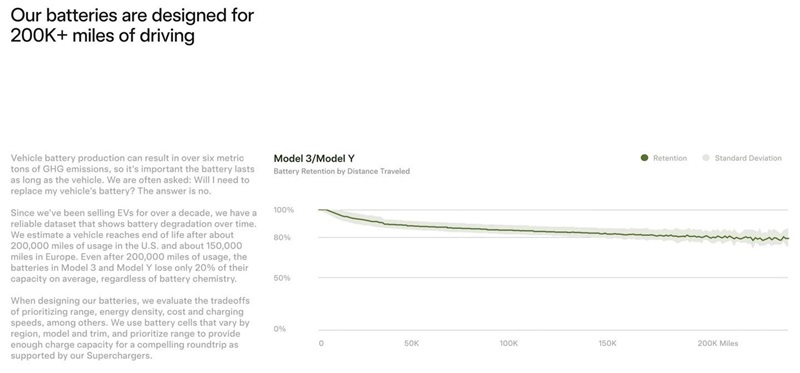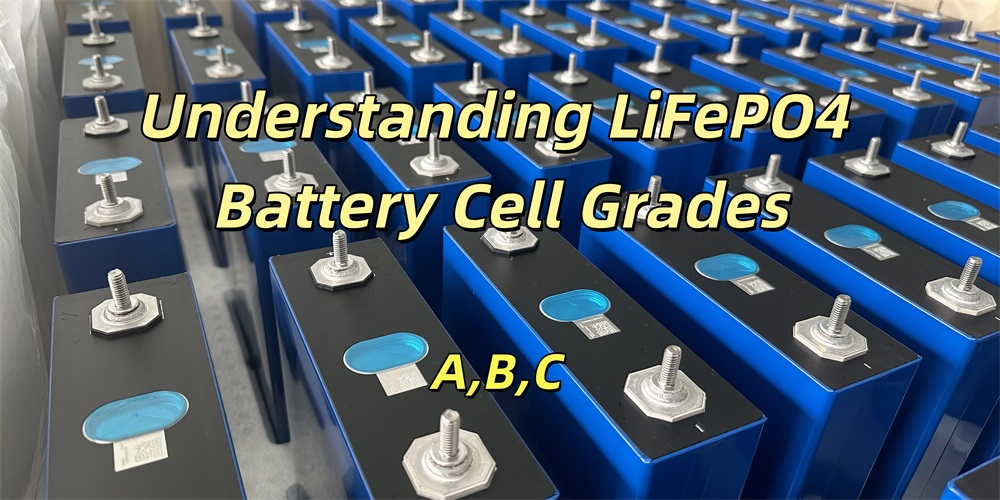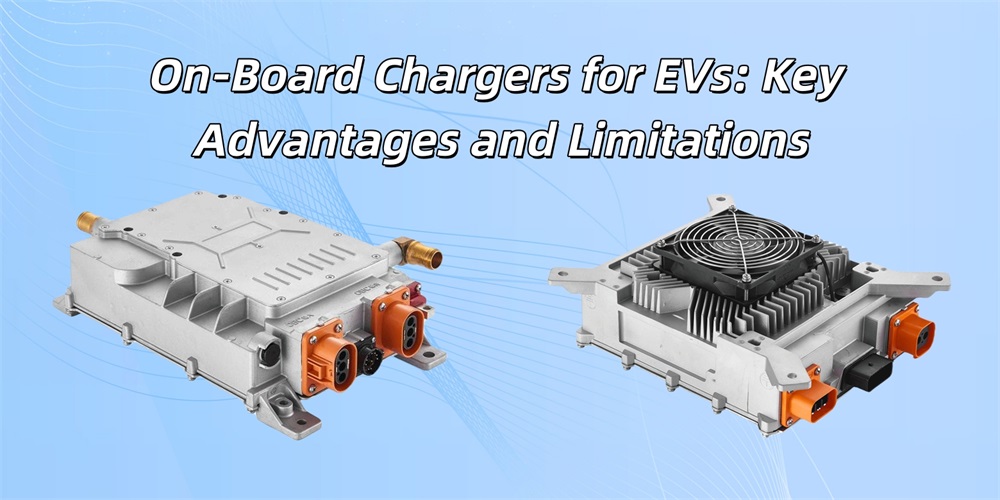Tesla Reports Electric Vehicle Batteries Maintain 80% Capacity After 200,000 Miles
On July 2, Tesla released new data concerning the longevity of its electric vehicle (EV) batteries. The findings demonstrate that, after nearly ten years of large-scale production, Tesla's EV batteries retain approximately 80% of their original capacity even after accumulating an average of 200,000 miles (around 320,000 kilometres). This performance remains consistent across different battery chemistries used in Tesla vehicles.

However, in the European market, where drivers typically cover shorter annual distances compared to the United States, Tesla batteries tend to reach the 80% capacity threshold earlier, usually after about 150,000 miles (roughly 241,000 kilometres). This indicates that battery degradation is influenced not only by mileage but also by the passage of time. For example, whether a U.S.-based Tesla owner drives 20,000 miles per year or a European owner drives 15,000 miles annually, both vehicles will experience a 20% reduction in battery capacity over the same duration.
Tesla highlighted that although battery capacity does decline gradually, the overall lifespan of the batteries still significantly outlasts that of the vehicles themselves. After more than a decade of use and 200,000 miles on the road, most owners are likely to consider replacing their cars rather than their batteries.
In the United States, the average age of vehicles in operation is approaching a record high of 13 years, which may lead Tesla to reassess its battery durability and warranty strategies. Meanwhile, Chinese manufacturers are making notable progress in this field. Contemporary Amperex Technology Co. Limited (CATL), the world's largest battery manufacturer, has collaborated with Chinese EV maker NIO to provide 15-year battery warranties while ensuring that capacity degradation does not exceed 15%.
It is unclear whether Tesla will implement similar policies. Notably, Tesla's upcoming lithium iron phosphate (LFP) battery factory in the U.S. is nearing completion, with production equipment supplied by CATL. This development could signal further advancements in Tesla's battery technology and warranty offerings in the near future.

